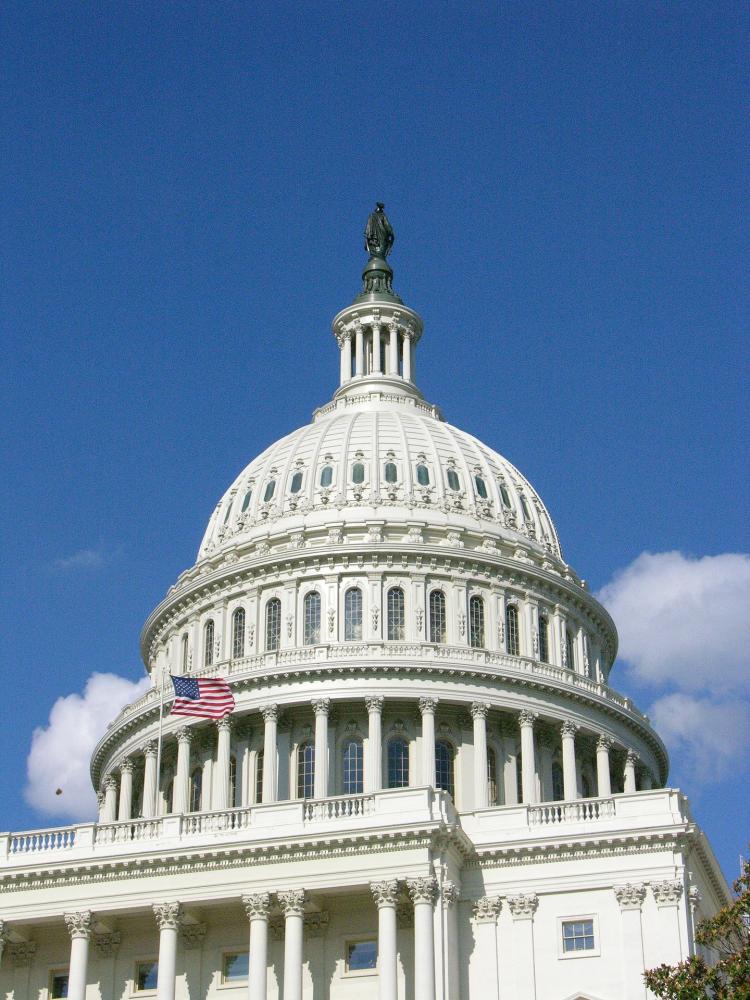Tip Sheet: Policy shifts under President Trump

Science funding: Alan Townsend, associate vice chancellor for research for the Research & Innovation Office and a professor of environmental studies. Townsend is a biogeochemist and environmental scientist. He can speak about research funding and its impact on science. His recent Washington Post opinion piece can be found here. Townsend can be reached at alan.townsend@colorado.edu.
Education reform: Kathy Schultz, dean of the School of Education, can address current complexities of education reform and support for teacher education. She can be reached at katherine.schultz@colorado.edu.
School choice and vouchers: Kevin Welner, director of the National Education Policy Center and a professor of educational foundations, policy and practice, can discuss school choice, vouchers and “neovouchers.” He can be reached at welner@colorado.edu.
Press-president relationships: Elizabeth Skewes, associate professor of journalism and media studies in the College of Media Communications and Information, researches media sociology, news practices and the media’s role in electoral politics. She can be reached at elizabeth.skewes@colorado.edu.
Public lands management and environmental issues: Mark Squillace, professor of natural resources law and former director of the Natural Resources Law Center, served as special assistant to the solicitor at the U.S. Department of the Interior in 2000. There, he worked directly with Secretary of the Interior Bruce Babbitt on legal and policy issues. Squillace can be reached at mark.squillace@colorado.edu.
Leadership qualities: Kira Pasquesi, program director for the Leadership Studies Minor program and an instructor with CU Engage, can discuss notions of what makes an effective leader, the evolution of what constitutes a good leader and different leadership styles throughout history. Pasquesi can be reached at kira.pasquesi@colorado.edu.
Free speech on campuses: Michele Moses is a professor of educational foundations, policy and practice and the associate dean for graduate studies for the School of Education. She can be reached at michele.moses@colorado.edu.
Immigration and immigration policy: Fernando Riosmena, associate professor in the department of geography, studies the drivers and motivations behind migration decisions. This includes undocumented moves or visa overstays and the impacts of immigration policy. He can be reached at fernando.riosmena@colorado.edu.
Immigration law and civil rights: Ming Hsu Chen, associate professor at Colorado Law with faculty affiliations in political science and ethnic studies, studies immigration and civil rights. She teaches immigration law, law and politics (race in America), and law and social change. She has written about executive action in immigration law and is a member of the Colorado Advisory Council to the U.S. Commission on Civil Rights. She can be reached at ming.h.chen@colorado.edu.
U.S.-Russia relations: John O’Loughlin, professor of geography and faculty associate in the Institute of Behavioral Science, has been studying the political geography of the former Soviet Union for more than 25 years, including internal conflicts within Russia, especially the North Caucasus, and the conflict in Ukraine. He can be reached at johno@colorado.edu or 303-492-1619.
Cybersecurity: Joe McManus, scholar in residence and professor in the Interdisciplinary Telecom Program, is an expert in network security, network forensics and Internet-of-Things security. He can discuss issues related to hacking, forensics and the current threat landscape. McManus can be reached at joe.mcmanus@colorado.edu.
Trump’s domestic agenda: Kenneth Bickers’ research focuses on national and local electoral politics. His co-authored book Perpetuating the Pork Barrel examines efforts of incoming administrations to remake the federal bureaucracy. He can speak about the opportunities and challenges of President Trump enacting his domestic agenda. Bickers can be reached at kenneth.bickers@colorado.edu.
[soundcloud width="100%" height="450" scrolling="no" frameborder="no" src="https://w.soundcloud.com/player/?url=https%3A//api.soundcloud.com/tracks/303540933&auto_play=false&hide_related=false&show_comments=true&show_user=true&show_reposts=false&visual=true"][/soundcloud]


